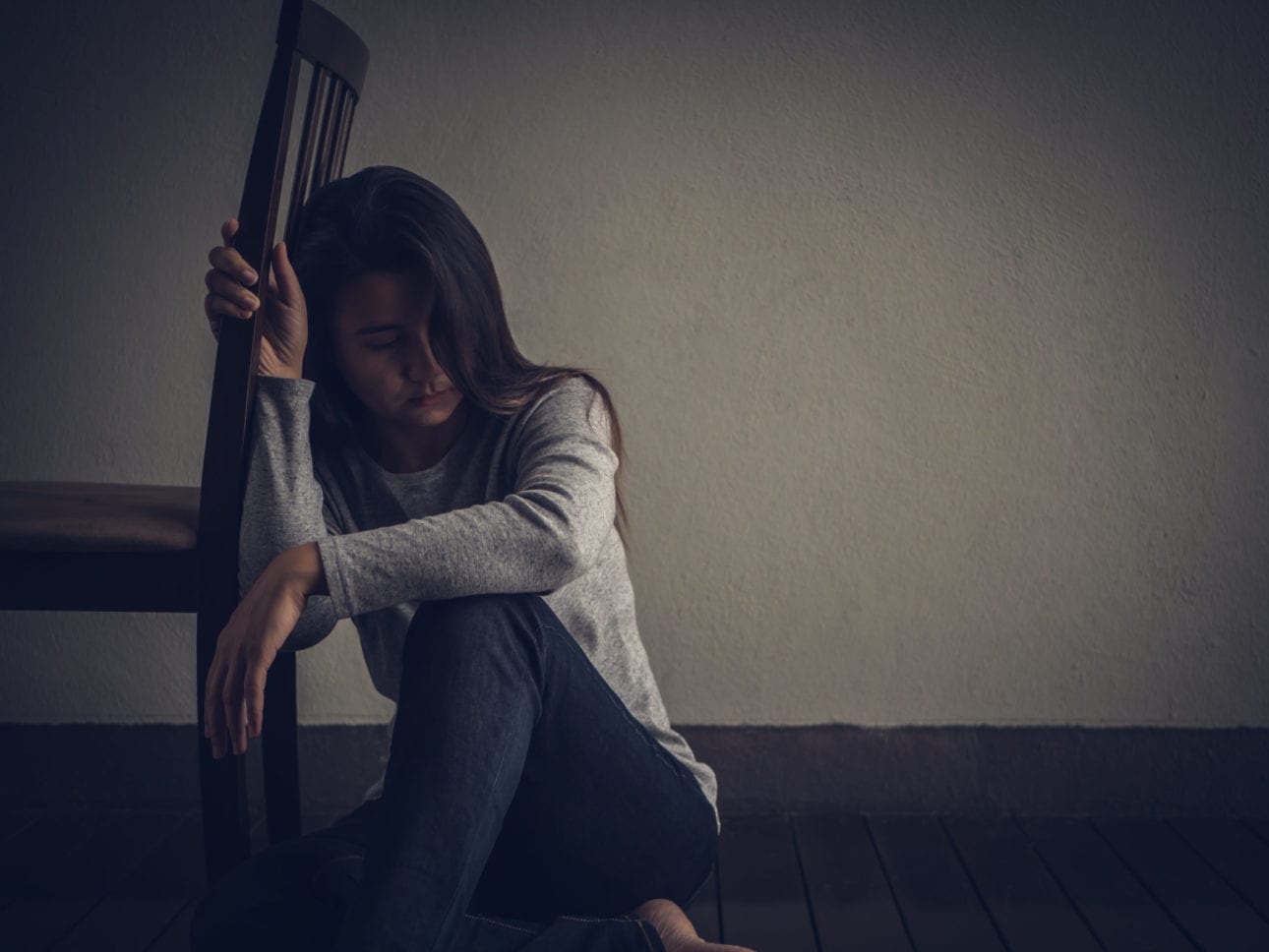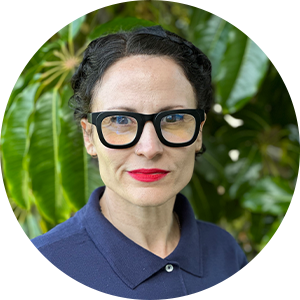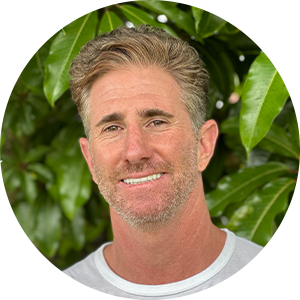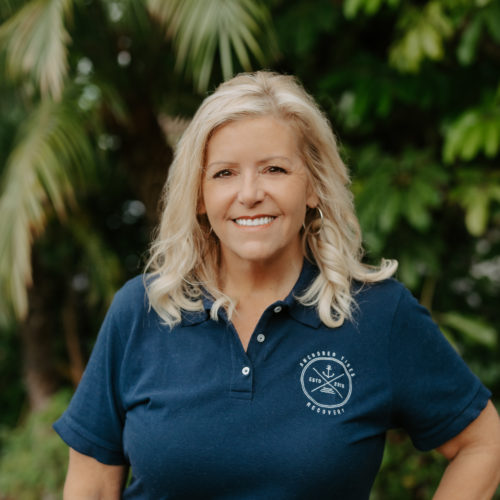Addiction is a disease. It does not discriminate against anyone based on gender, socioeconomic status, ethnicity, or occupation. It has the potential to impact anyone at any time. For the longest time, the vast majority of research was focused solely on drug abuse and alcohol addiction in men. This was because the trend was to use only men in medical studies. This exclusionary bias that women faced started to emerge in the 1990s. Many organizations in the United States noticed that women were also impacted by addiction, yet they were not receiving the same level of attention and treatment as their male counterparts. This led to a push to study addiction in women to a greater degree with the hope that medical professionals would be able to reach them more effectively during treatment sessions.
The Impact of Addiction in Women
As a whole, men are more likely than women to suffer from drug abuse and addiction. Between 11 and 12 percent of men over the age of 12 suffer from some form of substance abuse disorder. Just over 6 percent of women over the age of 12 suffer from a substance abuse disorder. Although the number of women suffering from addiction is lower than men, women are more likely to suffer fatal consequences from a substance abuse disorder. Women are more likely to end up in the emergency room or overdose due to substance abuse. For this reason, we want to raise awareness and spread information on the importance of getting the correct treatment.
How are Women More Susceptible to the Dangers of Addiction?
Two ways in which men and women are impacted differently by addiction are biological and sociological. Society expects different things from men and women and these sociological pressures impact how both genders respond to addiction. Differences in body size, composition, and hormone levels also impact how men and women respond to addiction.
Women are far more likely to transition from substance to substance when they suffer from addiction than their male counterparts. This means that women may use alcohol, then opioids, then stimulants. Even though men are more likely to become addicts as a whole, women are more likely to engage in self-medication with certain substances.
Women are more likely to suffer end-organ damage from the effects of substance abuse and overdoses. This includes damage to the liver and kidneys depending on the type of drug.
Finally, women are also more likely to experience cravings during the recovery process. This means that women are also more likely to relapse while they are in addiction treatment programs.
How to Find Treatment for Addiction
When seeking treatment, people have the option to choose from an array of programs. There are mixed gender treatment centers, gender-specific, adolescent focused treatment, etc. While it’s great to have options, it’s important to seek the right kind of treatment. For instance, some women will feel particularly vulnerable when going to treatment and feel safe around other women. If this sounds like you, then an all women’s treatment center is the right choice.
All treatment centers have the same end goal in mind, the only difference between mixed gender and gender-specific is the gender aspect. Often, people start the treatment process by trying to break free from addiction on their own. Sadly, this is not effective. People are bound to relapse. Therefore, it is important for everyone to reach out to professionals for assistance.
There are plenty of programs out there for individuals who are looking to treat addiction effectively. For example, many people start in an inpatient program so they can get through withdrawal and detox under the supervision of trained professionals. From there, individuals often transition to an outpatient program. This might include a partial hospitalization program (PHP) or an intensive outpatient program (IOP). There are programs out there for everyone. People simply need to know where to turn for help.
Let Us Help You!
At Anchored Tides Recovery, we are a comprehensive dual-diagnosis enhanced program that has been created by women to help other women recover addiction. We offer various levels of outpatient services including Partial Hospitalization Program (PHP), Intensive Outpatient Program (IOP), Outpatient Program (OP), and long-term rehab and recovery monitoring. If you would like to learn more about our addiction treatment options, then please contact us today! We would be honored to help you and your family with the recovery process.




















